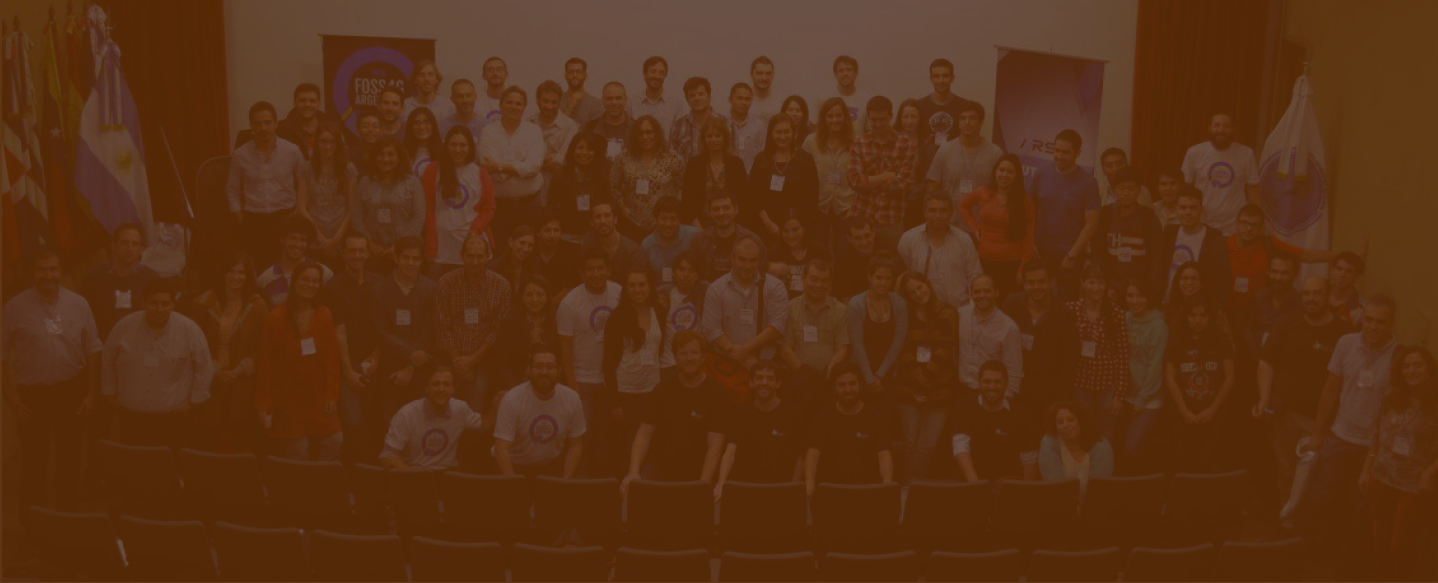Miriam Gonzalez
Miriam has built a career in Geospatial startups. Currently she is doing Partnerships at UP42. She is Geochicas co-founder and President of the Board in HOTOSM. She is passionate about how Geospatial data and EO technologies can change the world.
Sessions
Last year HOT was among more than 100 organizations that were chosen to be part of the Audacious project, this project will help the organization to focus in 94 countries which are suffering diverse challenges and 1 billion people live in these regions. Adding this as Open Data can help to bring them out of poverty and create projects to have a better future.
The event will be split in two. The first half will be women and non binary people (nb) only. Then everyone is invited to join. This helps the inclusivity and network building among women and nb.
The session highlights the different aspects related to equality and diversity in FOSS4G.
In the past years, women+ groups, including Women in Geospatial+, have amassed members from all over the globe, as well as from all backgrounds in the geospatial field. Through our work, we noticed increased interest in participation in the geospatial field, necessity for mentorship and being mentored, proactivity and a keen desire to learn and have access to skills and opportunities that were not being easily available to women so far. Through our work and the work of other sister organisations (e.g Geochicas, African Women in GIS, Ladies of Landsat, Sisters of SAR, GeoLatinas), we could determine that while the trend for equality and diversity in the field is a positive one, albeit slow, there is an imbalanced involvement in open source component of the geospatial field, with less women+ representatives overall.

